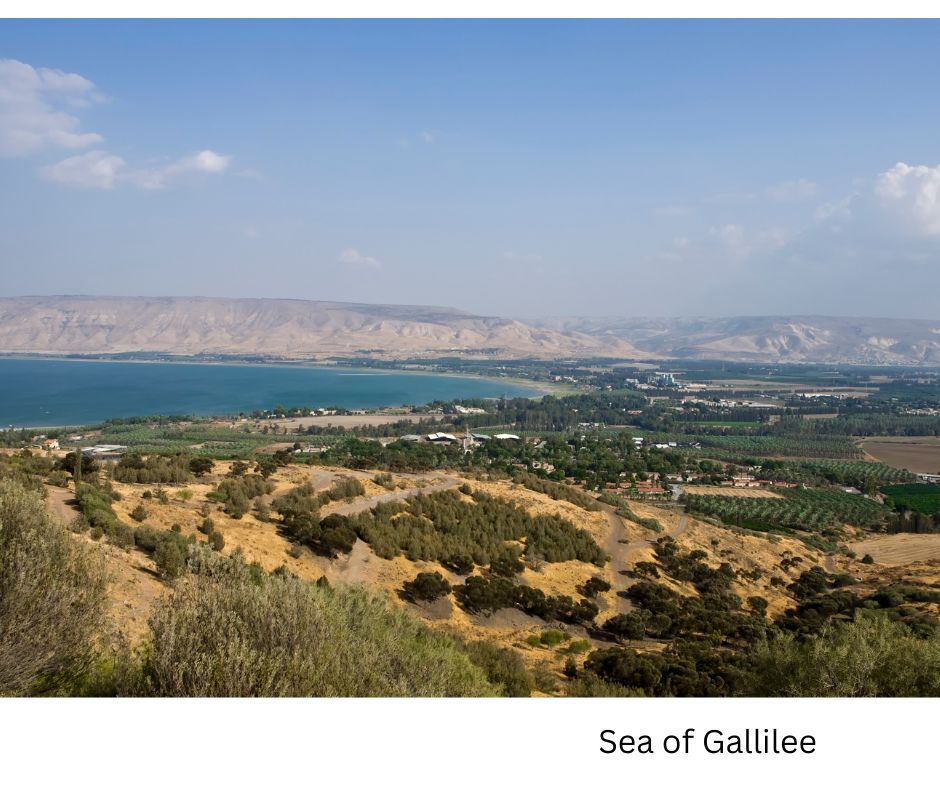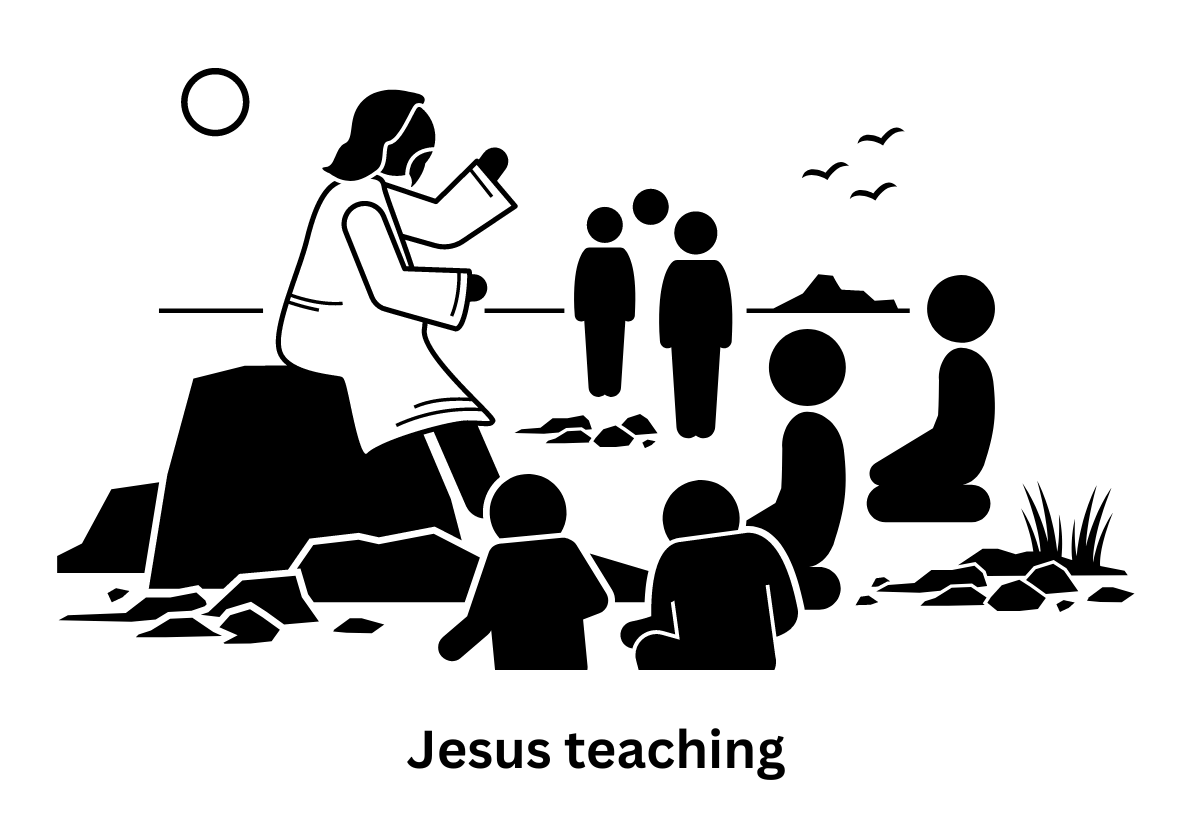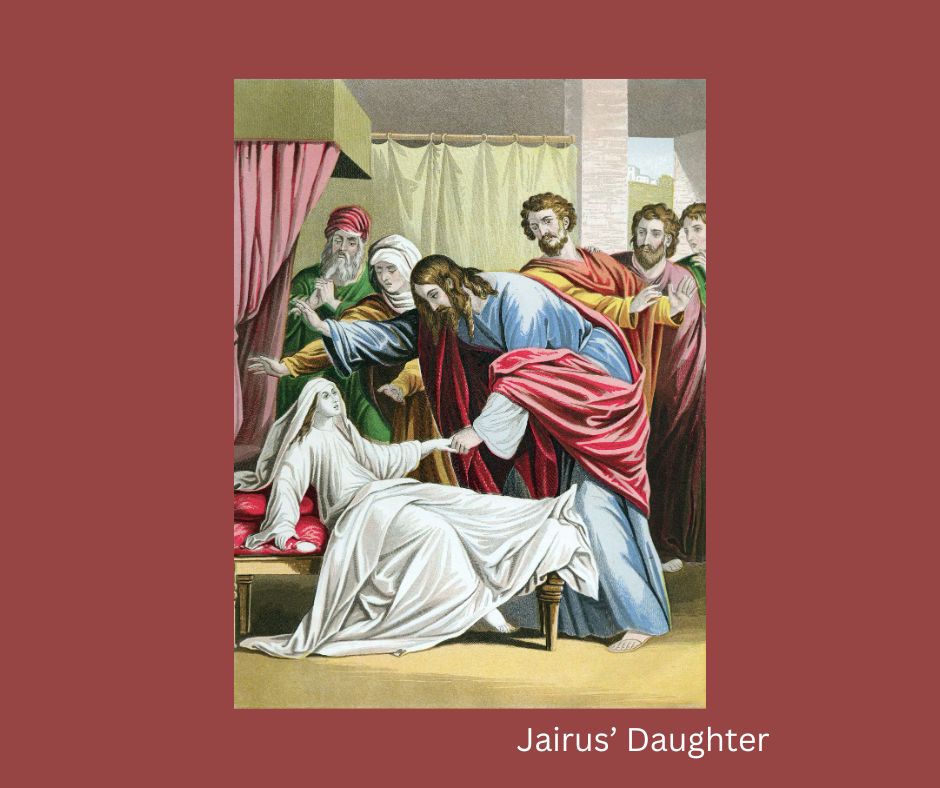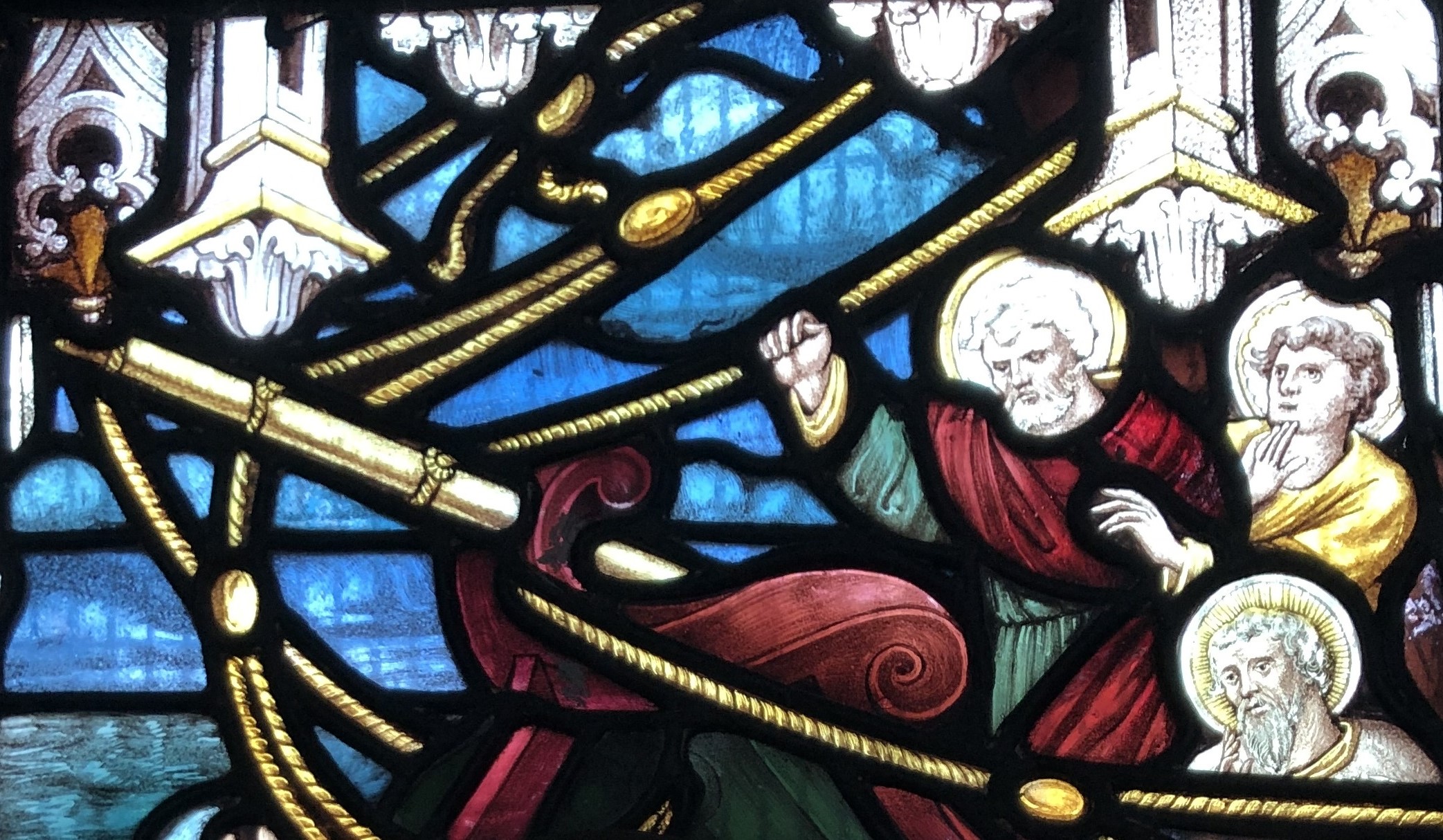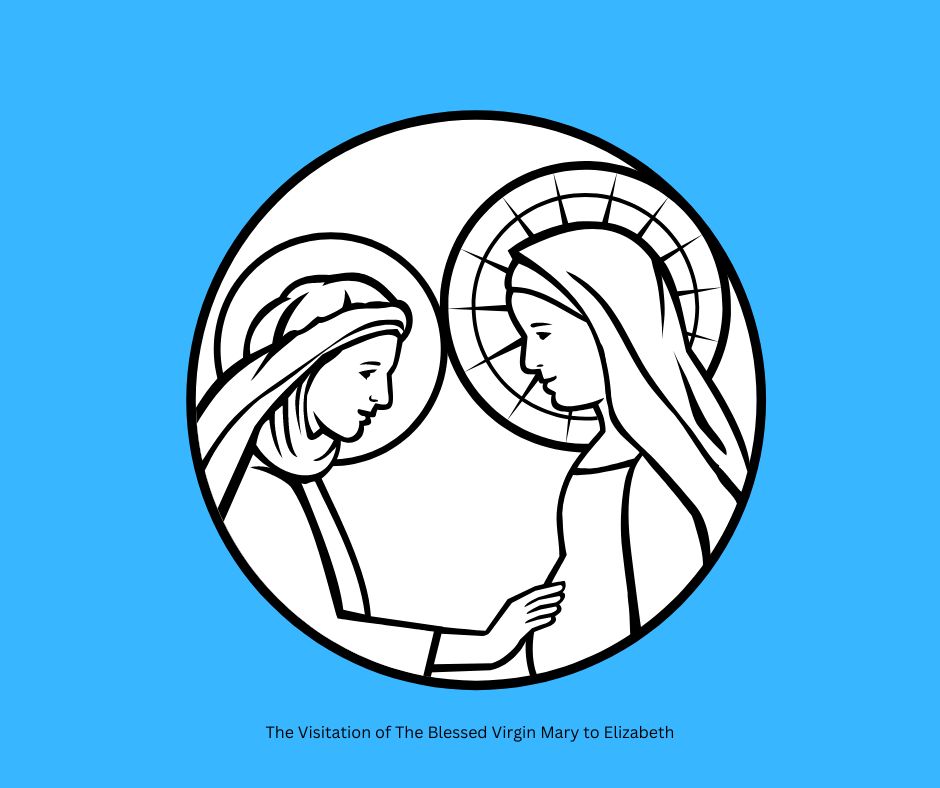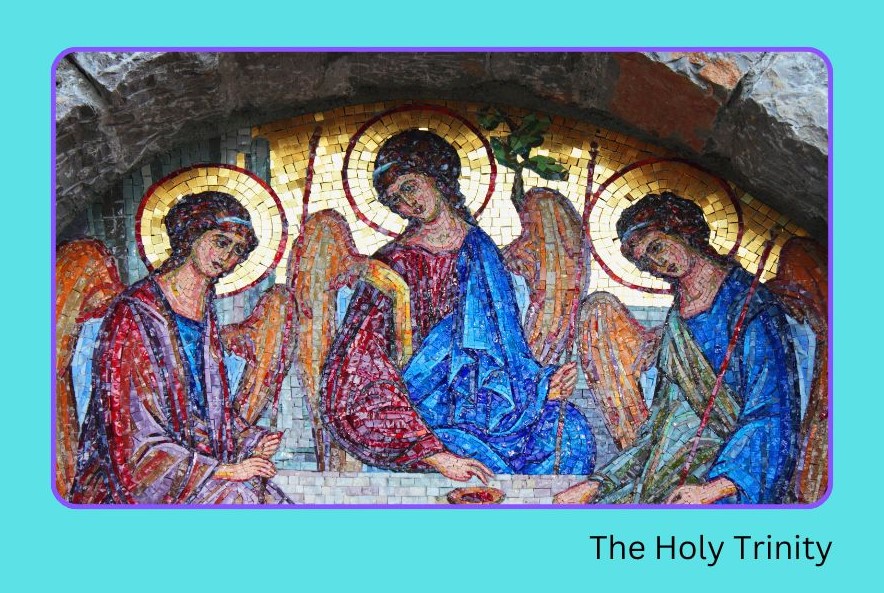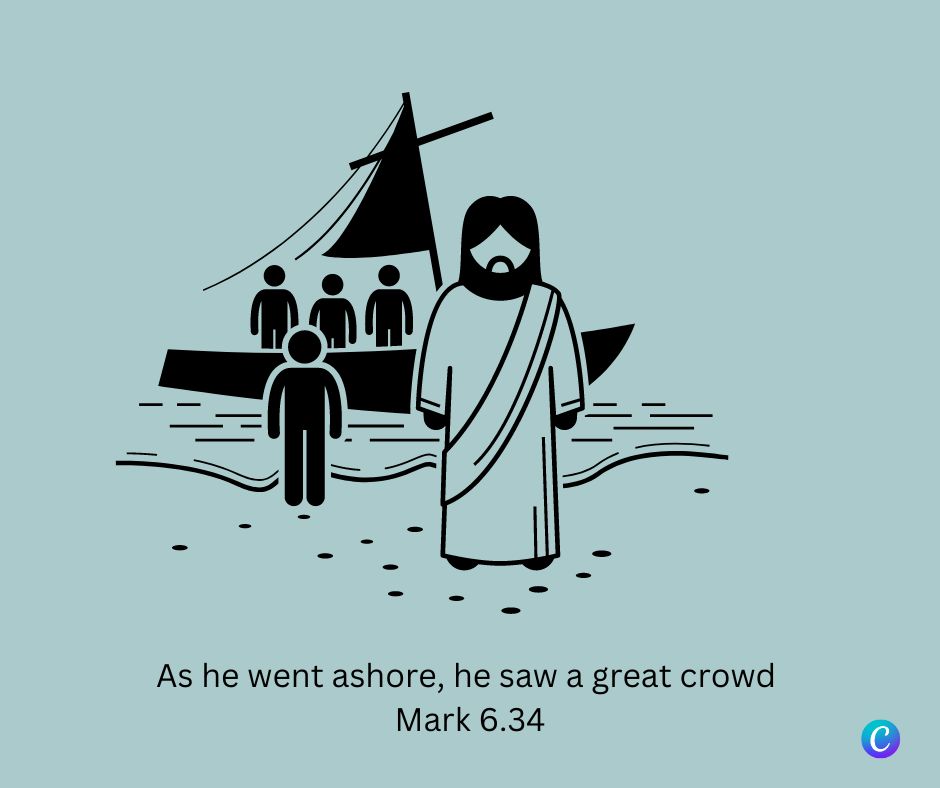
Watch this week's service on YouTube
Download the order of service here: 24 07 21 8th Sunday after Trinity Eucharist
Read this week's Church News
The Readings
Ephesians 2.11-22
So then, remember that at one time you Gentiles by birth, called ‘the uncircumcision’ by those who are called ‘the circumcision’—a physical circumcision made in the flesh by human hands— remember that you were at that time without Christ, being aliens from the commonwealth of Israel, and strangers to the covenants of promise, having no hope and without God in the world. But now in Christ Jesus you who once were far off have been brought near by the blood of Christ. For he is our peace; in his flesh he has made both groups into one and has broken down the dividing wall, that is, the hostility between us. He has abolished the law with its commandments and ordinances, so that he might create in himself one new humanity in place of the two, thus making peace, and might reconcile both groups to God in one body through the cross, thus putting to death that hostility through it. So he came and proclaimed peace to you who were far off and peace to those who were near; for through him both of us have access in one Spirit to the Father. So then you are no longer strangers and aliens, but you are citizens with the saints and also members of the household of God, built upon the foundation of the apostles and prophets, with Christ Jesus himself as the cornerstone. In him the whole structure is joined together and grows into a holy temple in the Lord; in whom you also are built together spiritually into a dwelling-place for God.
Mark 6.30-34 and 53-56
The apostles gathered around Jesus, and told him all that they had done and taught. He said to them, ‘Come away to a deserted place all by yourselves and rest a while.’ For many were coming and going, and they had no leisure even to eat. And they went away in the boat to a deserted place by themselves. Now many saw them going and recognized them, and they hurried there on foot from all the towns and arrived ahead of them. As he went ashore, he saw a great crowd; and he had compassion for them, because they were like sheep without a shepherd; and he began to teach them many things.
When they had crossed over, they came to land at Gennesaret and moored the boat. When they got out of the boat, people at once recognized him, and rushed about that whole region and began to bring the sick on mats to wherever they heard he was. And wherever he went, into villages or cities or farms, they laid the sick in the market-places, and begged him that they might touch even the fringe of his cloak; and all who touched it were healed.
Scripture Quotations are from: New Revised Standard Version Bible: Anglicized Edition, copyright © 1989, 1995 National Council of the Churches of Christ in the United States of America. Used by permission. All rights reserved worldwide. http://nrsvbibles.org
The Sermon
By The Revd Canon Dr Matthew Rhodes, Associate Priest
Ephesians 2.11-22; Mark 6.30-34,53-56
Where do you find God? For many of us, I assume, one answer to that question would be here in church. These walls have been hallowed by the prayers of generations. St Mary’s has hosted countless baptisms, weddings and funeral. Its windows, furnishings and memorials are full of memories and meaning. They encourage us to look up and beyond the everyday. Away from the busyness of life to the eternal. This is a place of sanctuary. Of peace. We gather together in the nave, this upturned boat which is designed to evoke feelings of security and calm. It is a place where we can draw closer to God by hearing and reflecting on God’s word and by sharing in Holy Communion.
Church buildings have an important role in nurturing our faith. But they are not an end in themselves. As you know, I spend much of my time at St John’s Ranmoor. The building is very dear to the hearts of the people who come to it. It is always a pleasure to see the reaction of visitors when they first step through the door. But that reaction, that love, can sometimes run the risk of becoming a bit idolatrous. Worshipping the building rather than the one it points to. On a number of occasions, the congregation of St John’s have had to learn that the church is the people not the building. That lesson came early on in the history of St John’s when it burnt down nine years after it first opened. When I first arrived in Ranmoor six years ago the church building had been closed for nine months after a fall of plaster from the ceiling. The congregation worshipped in the parish centre. That wasn’t easy. People had a profound sense of loss at not being able to gather in the church building. But they would also say that they learned from that experience. There is less space in the parish centre so people got to know each other better during that time. It reminded them again that the church is not the building but the people of God. That was a lesson brought home to us by Bishop Pete at my induction. One of the readings from that service came from our first reading for today: St Paul’s Letter to the Ephesians. Paul writes: So then you are no longer strangers and aliens, but you are citizens with the saints and also members of the household of God, built upon the foundation of the apostles and prophets, with Christ Jesus himself as the cornerstone. In him the whole structure is joined together and grows into a holy temple in the Lord; in whom you also are built together spiritually into a dwelling-place for God. The church is the people of God, built together spiritually with Jesus as the cornerstone into a dwelling place for God.
I think that’s a lesson that the congregation at St John’s will be reminded of again and again. It is something that we will be forced to reflect on in the coming years as we embark on a major building project. Unfortunately, St John’s church spire is in a rather parlous state. It is crumbling on the inside. In order to obtain the funds needed to repair it, we will have to make it much more available to the community. And that may well mean taking out the pews to create a more flexible space for different activities. And that will be hard for some. But we keep reminding ourselves that the church is not the building but the people of God. And the church does not stand still. We are people of the way, not the destination.
Some of us will find God very much in others. We love to be around people. We find them energising. We can see Christ in others. To use another of Paul’s metaphors, we are all members of the body of Christ and can appreciate the gifts that other parts of the body can bring. That’s partly why we gather together as a community to worship God. But again, that’s not the whole of the story. People can be annoying or tiring or confusing. In our Gospel reading, we heard that the crowds followed Jesus wherever he went. He was a celebrity. And Jesus’ had compassion for them because they were like sheep without a shepherd. But Jesus also knew that he could not just constantly teach and heal and care for the people who came to him. He needed to recharge his batteries from time to time. And he knew that the disciples needed to take time out as well. So he encouraged them from time to time to come away to a deserted pace by themselves and rest a while. To find space. To be rather than do.
We all need to take time out from time to time. We all need to get away. Have a rest. A change of scene. And I’m sure we all have different ideas about what that might look like. Some of us might fancy an all inclusive cruise with thousands of people. Others might imagine going to a deserted beach or island. But these opportunities to do something different are not just times of escape or absence. They can also be times of encounter. Times when the normal busyness of life with all its background noise subsides and God can get a word in edgeways. A rather extreme example for me is when I spend six days travelling on a lorry in Sudan when I was nineteen. I had been ill and was feeling rather low. But it was only then that I was really able to listen to God and it was in that situation that I felt able to hear the beginnings of a call to be a priest.
The Bible is full of examples of times when people encountered God in empty spaces. We think of Abraham talking to God in the desert under the stars. Or Moses coming across God in the burning bush. Or Jacob wrestling with the angel by the Jabok River. Jesus had some of his most important encounters in the wilderness and on mountain tops. Though the Temple was important to him as it was to all Jews, it was also a place of danger, corruption and political intrigue. Though it was God’s footstool on earth, God was often much more present elsewhere.
All of us will find God in different places and in different ways. And Christian discipleship is partly about learning where we can draw close to him. Where the thin places are. And just showing up. At this time of the year we tend to think a lot about taking time out. Time for rest and refreshment. Holidays which were once known as holy days. We all need to come away from time to time. But we should not imagine that by coming away from our normal routine, we can come away from God. Quite the reverse in fact. As we take our rest in these days of summer, it may be that we find God in new and unexpected places.
Amen.
The Prayers
Prepared by Catherine
Jesus Christ, cornerstone of the church, we pray for your church worldwide. We give thanks for the ministry of those recently ordained priest or deacon, and for those soon to be licenced as lay ministers. We think of all who faithfully give time week by week to their local churches in however ordinary a way, so that our buildings and communities can offer a welcome to all.
Hear us, Lord of life:
heal us, and give us rest.
Jesus Christ reconciler of the nations, who brought Jew and Gentile together as one, we pray for our world. We think of all those places where there is hatred, conflict or exploitation. We pray for people caught up in war and famine and for those suffering as a result of unwise, uncaring or malicious political actions. We continue to remember the people of Ukraine, Russia, Sudan, Gaza, Yemen and other places of unrest.
Hear us, Lord of life:
heal us, and give us rest.
Jesus Christ who cared about both friend and stranger, we pray for our local area, our friends, families and neighbours. We remember children, young people and teachers as the schools close for the summer holidays, that they might find rest and refreshment. We think of those families struggling to feed their children or find childcare over the summer and pray for all volunteers who give their time to provide holiday clubs or food-banks.
Hear us, Lord of life:
heal us, and give us rest.
Jesus Christ, healer of the sick, we pray for all who are unwell or struggling at this time. We ask that they might feel your love and strength through their time of ill-health, frailty or other difficulty. We pray for all who care for a relative or friend. In a few moments’ quiet we think of those known to us in particular who need our prayers.
Hear us, Lord of life:
heal us, and give us rest.
Jesus Christ comforter of the bereaved, we remember those who have died and all who mourn their loss. We pray in particular for..., and in a few moments quiet, we remember others known to us who are no longer with us.
Hear us, Lord of life:
heal us, and give us rest.
Merciful Father
Accept these prayers
for the sake of your Son,
our Saviour, Jesus Christ.
Amen.
Common Worship, services and prayers for the Church of England, material from which is used here, is copyright © The Archbishops’ Council 2000
Common Worship: Times and Seasons, material from which is used here is copyright (c) 2010 The Archbishops' Council


